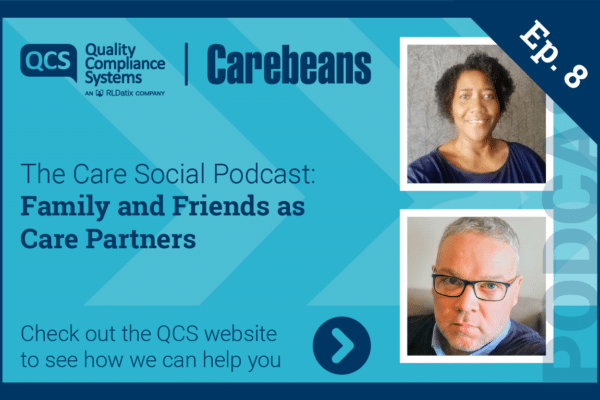
Scams are becoming more and more common and the National Trading Standards Scams Team, bless their hearts, are as worried as the rest of us.
Like me, they’re particularly worried at the way the criminals (for that’s what they are) target older or more vulnerable people with scams. They sell between themselves ‘sucker lists’. These lists have the contact details of people who’ve given money once or who seem vulnerable. You can guess the outcome. People who are, perhaps, living with dementia or with a learning disability then receive a torrent of phone calls, emails and, even more frightening, aggressive ‘tradesmen’ at the front door.
Common Scams
They come in many forms; uninvited contact is received by email, letter, and telephone, or in person, making false promises to con victims out of money. There are many scams but the most common are fake lotteries, deceptive prize draws or sweepstakes, clairvoyants, computer scams, and romance scams.
The criminals attempt to trick people with flashy, official looking documents or websites, or convincing telephone sales patter, with the aim of persuading them to send a processing or administration fee, pay postal or insurance costs, or make a premium rate phone call.
Doorstep Scams are crimes carried out by bogus callers, rogue traders and unscrupulous sales people. They often call uninvited, at people’s homes, under the guise of legitimate business or trade.
Welcome Actions by the NTS Scams Team
The Scams team has set up a new website, http://www.friendsagainstscams.org.uk which I want you to explore. The aim is to support us, as ‘friends against scams’ at grassroots level to:
Start
Taking
Action
Now and
Deliver the message…
Against Scams!
The aims of ‘Friends Against Scams’ are to
- Highlight the scale of the problem by getting communities and the nation talking about scams.
- Change perceptions of why people become scam victims.
- Prevent people from becoming or continuing to be scam victims by providing more adequate support.
- Recruit people to join the fight against scams to make this a scam-free nation.
You’ll see on the website how we can, as individuals or collaboratively through our companies or organisations, stand against scams. We do this by learning how better to recognise scams, finding out how people who are most vulnerable to these crimes can protect themselves or be protected, and generally increasing awareness about scams and how to counter them.
A Challenge
It’ll be good for us all to get better equipped to fight scams against ourselves, or people we care for, or people we work with. My challenge is: visit this website and discuss with anyone (or everyone!) Discuss how we can best be part of this worthwhile initiative. And let me know how you get on ‘standing against Scams!’






